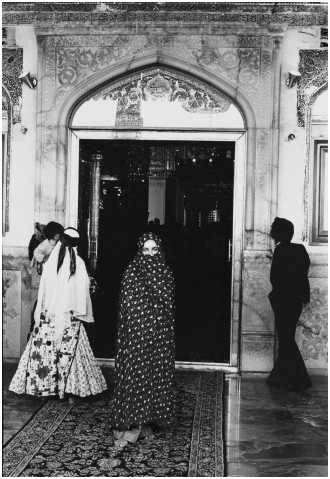- Revenue Cycle Management
- COVID-19
- Reimbursement
- Diabetes Awareness Month
- Risk Management
- Patient Retention
- Staffing
- Medical Economics® 100th Anniversary
- Coding and documentation
- Business of Endocrinology
- Telehealth
- Physicians Financial News
- Cybersecurity
- Cardiovascular Clinical Consult
- Locum Tenens, brought to you by LocumLife®
- Weight Management
- Business of Women's Health
- Practice Efficiency
- Finance and Wealth
- EHRs
- Remote Patient Monitoring
- Sponsored Webinars
- Medical Technology
- Billing and collections
- Acute Pain Management
- Exclusive Content
- Value-based Care
- Business of Pediatrics
- Concierge Medicine 2.0 by Castle Connolly Private Health Partners
- Practice Growth
- Concierge Medicine
- Business of Cardiology
- Implementing the Topcon Ocular Telehealth Platform
- Malpractice
- Influenza
- Sexual Health
- Chronic Conditions
- Technology
- Legal and Policy
- Money
- Opinion
- Vaccines
- Practice Management
- Patient Relations
- Careers
A Sobering Similarity: Jordan and Iran
The unrest in the Middle East is happening for a variety of reasons -- and leaders throwing lavish celebrations, among other excesses, while their citizens suffer financial hardships is one of them. Leaders in Jordan, widely seen as the steady force for level-headiness in its region, may soon learn this lesson.

Elizabeth Taylor wears a chador in Shiraz, Iran: 1976. From a current exhibit at the Los Angeles County Museum of Art. Photo by Firooz Zahedi.
In Spring 2010, I visited Jordan. It was a stable country amidst plenty of disputes between its neighbors, Syria and Israel among others. Jordan was the outlier, the steady force for level-headiness in its region. As such, it played an important role in world peace. That unique position is now challenged. One important reason is that the tribes of Jordan recently issued a critical public letter to their leader, King Abdullah II. The reason behind the communication was more than the general uprisings in the Middle East. It also had to do with a celebration.
The monarch sponsored a lavish 40th birthday celebration for his Queen, Rania, in August 2010. Though little was reported about it in American papers, I soon heard about it from my Jordanian-connected friends. This party did not sit well with the locals. Though it was out of sight -- held in Wadi Rum in Southern Jordan -- it was not a well kept secret. The gathering was in tribal Bedouin territory and held in elaborate and opulent tents. The guests included international dignitaries, among them movie stars.
When news of the event was reported in the press, the memory of many Jordanians and also others over a certain age must have recaptured another such occasion, one that didn’t turn out so well for its host, the Shah of Iran.
In the 1960s and 1970s, Iran was a model of stability in its region, just as Jordan is today. In 1971, however, the Shah, Reza Pahlavi, held an opulent celebration in tents in the ancient city of Persepolis in the Southern desert area of Iran. The event’s purpose was to commemorate the anniversary of the founding of the Persian Empire by Cyrus the Great. In 1978, I visited the site. In fact, I wore a chador like the one draped on Elizabeth Taylor in the photo above. It was offered to me by the mother of my host whose family lived in Shiraz, which is near Persepolis. At that time, seven years after the desert celebration, its excesses were still being criticized by the Shah’s people. This was one factor, among others, that contributed to the Shah’s downfall the following year.
This is not to say that extravagant parties lead to overthrows. But, a lot of excesses can. It seems that one of our strongest friends in the Middle East, Abdullah II, the King of Jordan, has forgotten that lesson. Certainly though, his people have not.
The unrest in the Middle East is happening for a variety of reasons. However, as far away as it is, these conflicts can have a secondary economic effect on us as Americans, which is currently being demonstrated. That, too, is sobering.
